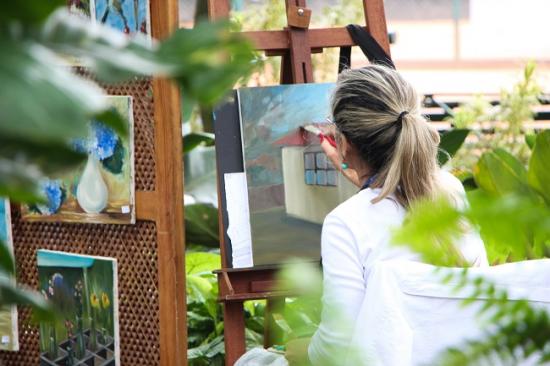
Life after retirement is what most working people dream about. Most folks want it to come as soon as possible. As a result, we buy books about how to retire early. We see financial planners to figure out how to make it happen quickly. Everyone wants to retire now.
However, the dream of retirement is very different from the reality. Our lives change dramatically when we retire. We have to change how we approach each day and even how we view ourselves. Those are difficult adjustments to make.
But if you approach them the right way, your retirement years can be the best years of your life. Consider the following ways to positively adjust to your life after retirement.
Reuse Your Skills
During your work years, you spend a great deal of time building up a skill set. As a result, by the time you retire, you have an impressive set of professional skills that few possess. Don’t let those talents simply fall by the wayside.
While you may no longer wish to work full time, that doesn’t mean you shouldn’t keep using your talents in retirement. For instance, you may want to work part-time to continue using those hard-earned skills. I know retirees who work two days a week in their field of expertise. They then spend the other five days doing other activities that they enjoy.
Or, you may want to bless the world with your skills by offering them for free to a charitable organization. At our church, we have a retired pastor who offers a Wednesday night Bible study. She is in her 70s, but she still wants to use her many years of education and pastoral experience to serve others.
Life After Retirement Will Require New Social Networks
Work provides us with a built-in social group. We spend 8 hours a day with our colleagues, aka our “work friends.” My mother worked for a university for over 20 years, and she used to say that she was closer to her co-workers than to her own family. When we retire, it is hard to give up those wonderful relationships.
So, in retirement we have to make a conscious effort to create new social groups. That isn’t easy. One way to do that is to become involved in either a religious or charitable organization. For instance, at our church, the retired people get together during the week for Bible Study, knitting clubs and luncheons.
Another approach is to take classes. My mother studies German once a week. She has been doing so for many years with the same group of people. That has provided her with a nice, weekly social group.
You also can make new friends by going every day to your local gym. My husband goes to the gym regularly, and he has gotten to know so many people there. He can tell you just about everyone’s back story!
I know another lady who invites the older people in her apartment community over to play cards once a week. Playing simple card or board games is a great way to get to know people. Moreover, when you entertain people in your home, you do a good deed!
Find Your Ikigai
Ikigai is a Japanese concept which means “a reason for being.” You could also think of it as your life purpose. When we are younger, our ikigai tends to be connected to our jobs or to raising children. We are motivated to get up in the morning in order to pursue our careers, earn money and care for others.
Once we retire, our responsibilities change. Our children likely are grown and no longer need as much support and guidance from us. And our financial needs are taken care of by our retirement savings and social security. So, our “reason for being,” likewise, needs to change.
There are different ways to find your ikigai in retirement. For example, one person may have a very special grandchild, and his or her retirement ikigai is to help raise that child. Some folks may have a passion for creating, so their ikigai is art, writing, cooking, music or gardening. Another person’s ikigai may be their profession. As a result, they continue to work on a part-time basis through retirement.
We all need to have an ikigai, a reason for being, especially when we retire. Now that you are retired, take some time to reflect on what yours might be. When you have a sense of purpose, that will give a positive shape to your days.
During Your Life After Retirement, You Will Need to Give More Attention to Your Health
We typically retire at an age when our bodies are getting older and need more care. Some of the extra time that you now have should be spent on caring for you!
You will feel better through retirement if you institute a more vigorous exercise regime. Join a gym. Take fitness classes. The stronger and more agile you are, the more you will enjoy your retirement years.
Your mental health also should be a priority. When we retire, it can be hard on us mentally. We may have family members or friends who pass away. Even adjusting to the retirement lifestyle can be difficult. As a result, it helps to have a spiritual practice to care for our minds.
If you are religious, attending weekly services is a good way to maintain your emotional health. Or you might start taking meditation classes. And reading good, positive, spiritual literature every day is a great way to keep your mind moving in a positive direction.
Adjusting to life after retirement can be challenging. But the retirement years can be your very best years, if you approach them correctly. Consider using some of the above approaches to make your life after retirement a pleasure. (To read about ways to prepare for retirement, click here.)
Email: meerabelle@meerabelledey.com
To receive my free e-book, “The Confidence Course,” and my weekly newsletter, visit meerabelledey.com.

